Arduino project using the 'Arduino language' (C++ wrapper) -
I have an 8-char array which gives 24Hr clock in the form {'H','H',':','M','M',':','S,'S'} and I need to convert this to BCD. I thought I understood the idea well enough but I get an unexpected result.
As a base example I'd like to convert {'1','2'} to BCD - the theory is on the left and my code result is on the right of the image below. I suspect the issue is with buff[0] being a 'number char', I tried atoi(buff[0]) but this still failed (I had the same result):
How may I do this correctly? My baseline code is:
char buff[8] = {'1','2',':','3','4',':','5','5'};
uint8_t HourTens = buff[0] && 0b11110000; // && 0xF0, should be 1
uint8_t HourUnits = buff[1] && 0b00001111; // && 0x0F, should be 2
uint8_t HourBCD = HourTens + HourUnits;
Serial.println( buff );
Serial.print("'"); Serial.print( buff[0] ); Serial.print( "', HourTens: " ); Serial.println( HourTens );
Serial.print("'"); Serial.print( buff[1] ); Serial.print( "', HourUnits: " ); Serial.println( HourUnits );
Serial.print( "HourBCD: " ); Serial.println( HourBCD );
Serial.println("***");
